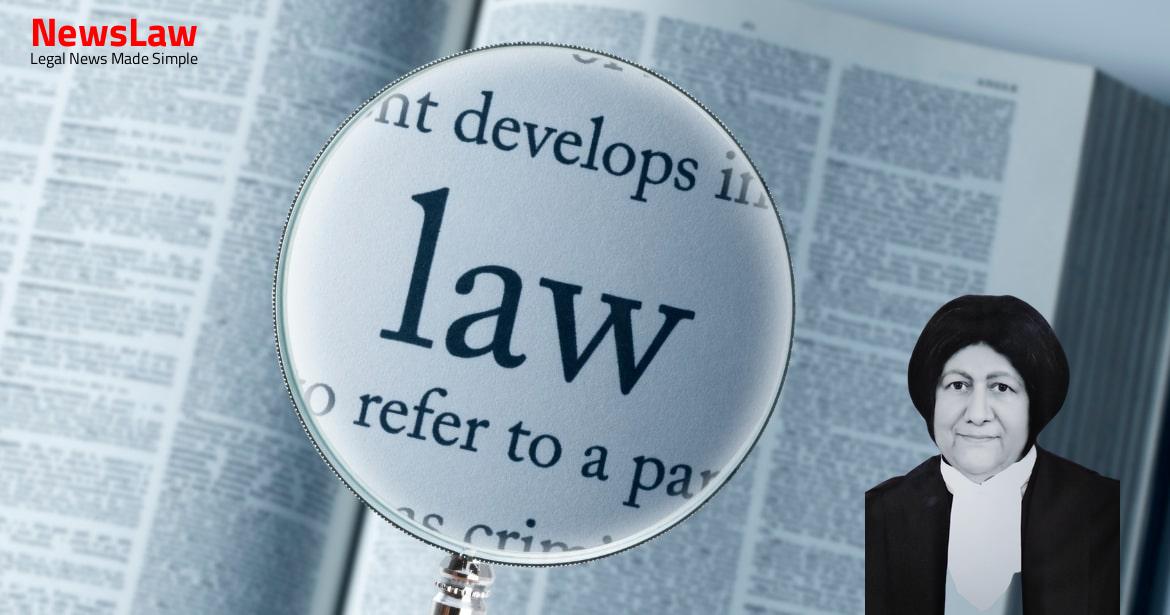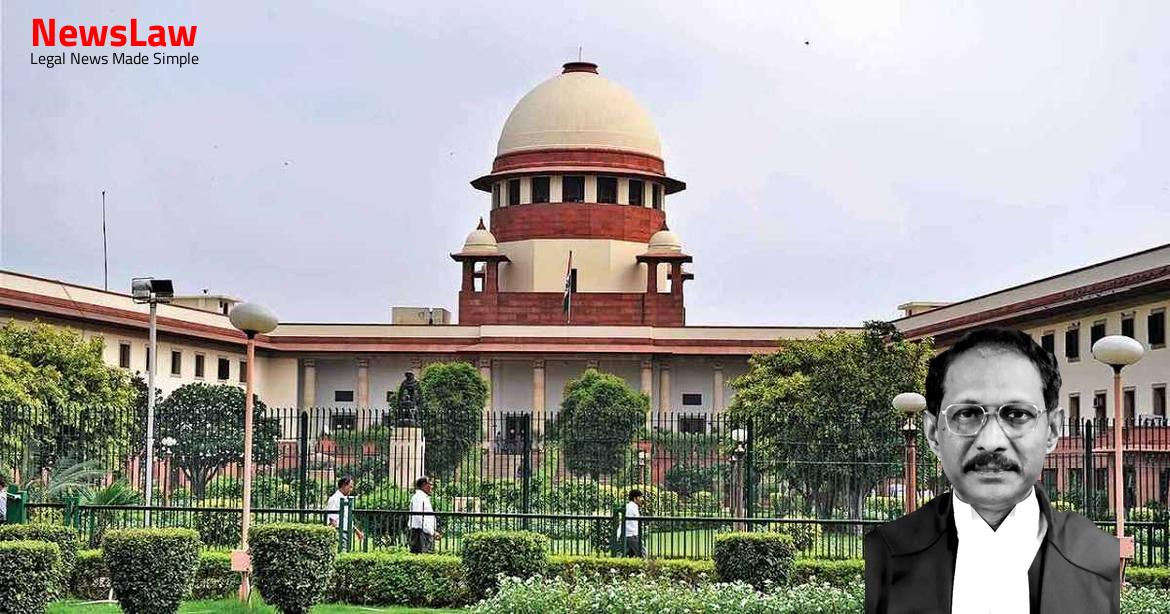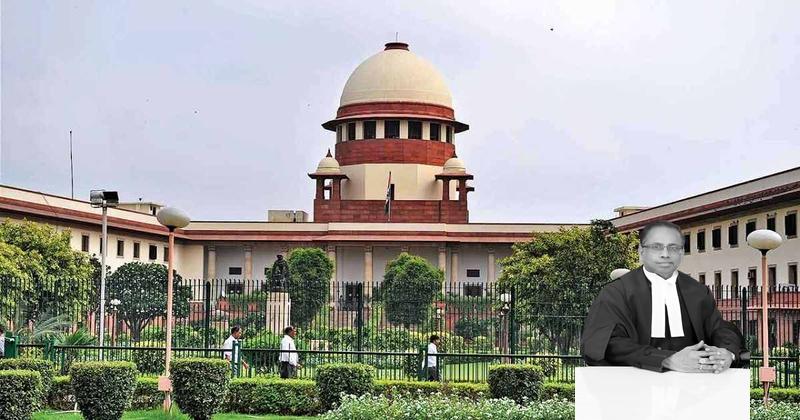The Supreme Court of India recently delivered a significant judgment concerning compassionate appointments in Bihar involving the State Government and Nagar Shikshaks. The case revolves around the application of the 2006 Rules governing such appointments. Let’s delve into the implications of this ruling on the employment status of Nagar Shikshaks. #SupremeCourtJudgment #LegalCase #CompassionateAppointment #Bihar
Facts
- Division Bench of the High Court affirmed the Single Judge’s view on granting compassionate appointment to the employees on a regular pay scale in government services.
- State Government issued a new instruction on 22 June 2009 allowing compassionate appointments to panchayat teachers/block teachers/town teachers.
- High Court held that the new instruction of June 2009 did not nullify the Single Judge’s mandamus.
- Reference made to the Vishwanath Pandey case where this Court affirmed the appointment as a teacher under the government for cases prior to the enforcement of the 2006 Rules.
- Single Judge directed implementation of DCAC recommendations strictly in line with the October 2008 instruction.
- Single Judge noted that posts of Nagar Shikshaks were not government posts with regular pay scales but had fixed emoluments.
- Rule 10 allowed for compassionate appointment of Nagar Shikshaks.
- Father of the First Respondent died in harness on 7 May 2006 as an Assistant Teacher.
- State filed a Letters Patent Appeal against the decision of the Single Judge.
- Instruction issued by Bihar Government stating posts of Panchayat Teachers and Block Teachers not under government service.
- Respondents sought mandamus for compassionate appointment to State Government controlled posts.
- District Compassionate Appointment Committee considered the request of the respondents in January and June 2008.
- Mother of the Second Respondent was also an Assistant Teacher and died in harness on 9 September 2006.
- First Respondent offered employment as Nagar Shikshak in April 2008 under Bihar Municipal Body Elementary Teachers Rules, 2006.
- Second Respondent offered appointment as Nagar Shikshak in August 2008 based on DCAC recommendation.
Also Read: NEET (UG) 2024 Examination Integrity Case: Supreme Court Verdict
Arguments
- Learned counsel for the appellants argued that compassionate appointments are governed by the 2006 Rules.
- Learned counsel for the respondents supported the High Court judgment based on the reasons for granting relief.
Analysis
- The Division Bench did not consider that both the respondents were appointed as per Rule 10 of the 2006 Rules.
- Rule 20 supersedes all previous rules, resolutions, orders, and instructions.
- The appointment offers to the respondents were made before the instruction dated 17 October 2008, and they accepted the appointments.
- Their appointments were made after the enforcement of the 2006 Rules, as confirmed in the decision in Mukesh on 3 April 2017.
- The appointments were in accordance with Rule 10 of the 2006 Rules.
- Dismissal of Special Leave Petitions in other cases by the Supreme Court does not support the respondents’ case.
- The High Court erred in directing the state to take over the services as the appointments were in accordance with the 2006 Rules.
- No executive instruction can supersede the rules, and the 2006 Rules were notified on 1 July 2006.
- Rule 10 governs the appointment of Nagar Shikshaks on compassionate grounds in accordance with the 2006 Rules.
- Reliance has been placed on a judgment in Mukesh v State of Bihar, where Vishwanath Pandey has been considered and distinguished.
- Letters Patent Appeals filed by the State against similar decisions of the learned Single Judges of the High Court were dismissed, and Special Leave Petitions under Article 136 of the Constitution by the State were also dismissed.
- Orders passed by this Court in Pooja Mishra and Sanjay Kumar were cited as examples where similar Special Leave Petitions were dismissed on 9 October 2015 and 11 November 2016 respectively.
- It was urged that this Court should follow the same course of action by dismissing the civil appeal.
- Appellants appointed after 1 July 2006 governed by 2006 Rules.
- Observations from Mukesh case applied to present case.
- Respondents in present case appointed after 1 July 2006.
Also Read: CRPF Act: Validity of Rule 27 for Compulsory Retirement – Case of Head Constable vs. CRPF
Decision
- The High Court’s order dated 30 March 2015 has been set aside.
- The High Court erred in directing the Government of Bihar to appoint the respondents in its regular service.
- The appointments of the respondents were made after the 2006 Rules were brought into force.
- The respondents accepted their appointments as Nagar Shikshaks.
- The respondents have been granted liberty to approach the State Government for suitable relief as per the orders passed in Special Leave Petition (C) No 29655 of 2010.
Case Title: STATE OF BIHAR Vs. DILIP KUMAR
Case Number: C.A. No.-005205-005205 / 2019



